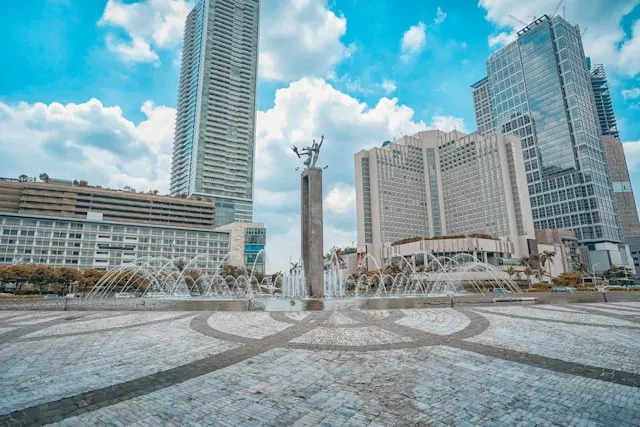Business Setup Indonesia: PT PMA
Business Setup Indonesia offers exciting opportunities for foreign investors, particularly through the PT PMA (Perseroan Terbatas Penanaman Modal Asing). As Southeast Asia’s largest economy, Indonesia presents a compelling destination for those looking to fully own and operate a business. This guide outlines the essential steps for establishing a PT PMA, providing a clear pathway to navigating the setup process efficiently.
Understanding PT PMA: What It Is and Why It Matters
A PT PMA is a type of limited liability company that allows 100% foreign ownership. It is specifically designed for foreign investors looking to establish a business presence in Indonesia without requiring a local partner. This structure offers significant advantages, including the ability to control the company fully and access to a range of business opportunities in Indonesia.
Steps for Establishing a PT PMA
1. Obtain Company Name Approval
The first step in the Business Setup Indonesia process is to choose and obtain approval for your company name. This involves:
- Submission: Submit a proposed company name to the Ministry of Law & Human Rights.
- Approval: Ensure the name complies with Indonesian regulations and is unique.
2. Draft and Notarize the Deed of Incorporation
Once the company name is approved, you need to draft the Deed of Incorporation. This document outlines the company’s structure, objectives, and other essential details. The steps include:
- Drafting: Prepare the Deed of Incorporation with the help of a notary.
- Notarization: Sign the document in the presence of a notary public to make it legally binding.
3. Obtain Approval for Legal Entity Status
After notarization, submit the Deed of Incorporation to the Ministry of Law & Human Rights to obtain approval for your legal entity. This step involves:
- Submission: Provide the notarized Deed of Incorporation and other required documents.
- Approval: Receive formal approval, which grants your company legal status.
4. Apply for a Taxpayer Registration Number (NPWP)
A Taxpayer Registration Number (NPWP) is essential for tax purposes. To apply:
- Documentation: Prepare and submit the required documents, including proof of company registration.
- Application: Apply through the local tax office or online to receive your NPWP.
5. Acquire a Certificate of Domicile
The Certificate of Domicile confirms your business address in Indonesia. The process includes:
- Proof of Address: Provide evidence of your business location, such as a lease agreement or property ownership document.
- Issuance: Obtain the Certificate of Domicile from the local authorities.
6. Apply for a Business Identification Number (NIB)
The Business Identification Number (NIB) is a key component of business registration in Indonesia. To secure an NIB:
- Submission: Submit the required documents, including your NPWP and Certificate of Domicile.
- Issuance: Apply through the Online Single Submission (OSS) system to obtain your NIB.
7. Obtain the Company Registration Certificate (TDP)
The Company Registration Certificate (TDP) is a mandatory document for operating legally in Indonesia. The steps are:
- Preparation: Ensure all previous documents are in order.
- Application: Apply for the TDP through the local trade office or online platforms.
Conclusion: Efficiently Navigating Business Setup Indonesia
Setting up a PT PMA in Indonesia involves several key steps, each crucial for ensuring your business complies with local regulations. From obtaining name approval to securing necessary licenses and registrations, this process is designed to establish your company legally and effectively. For a smooth setup, consider consulting with local experts to navigate specific requirements and ensure compliance with all regulatory aspects.
